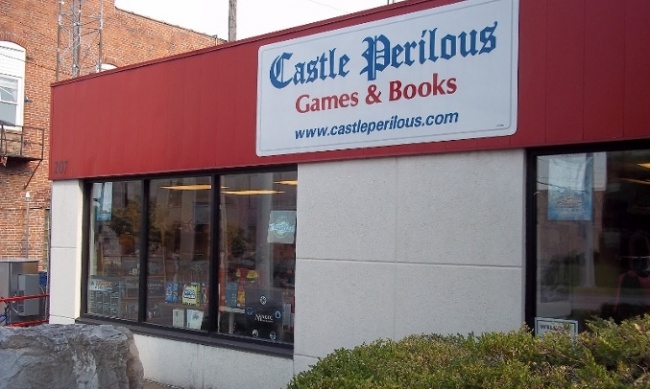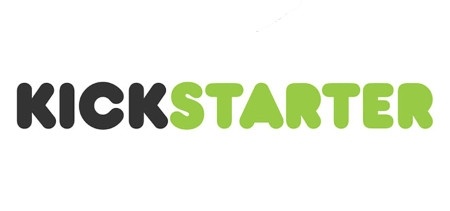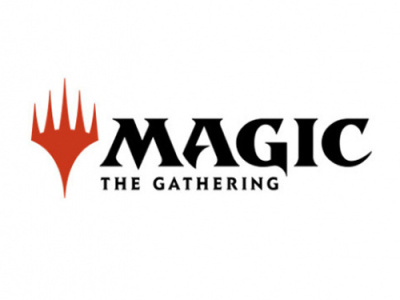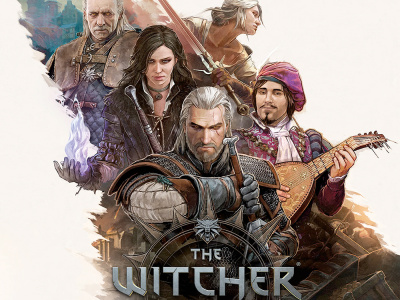Rolling for Initiative is a weekly column by Scott Thorne, PhD, owner of Castle Perilous Games & Books in Carbondale, Illinois and instructor in marketing at Southeast Missouri State University. This week, Thorne examines the question of whether crowdfunding can replace traditional distribution.
Receiving several solicitations in my email this week announcing Kickstarter campaigns for various games from assorted game companies got me to thinking about the functions of Kickstarter and other crowdfunding sites and how, over time, they have assumed several of the functions of the classic game distributor such as aggregation, breaking bulk and financing:
1. Aggregation. This, I would argue, is the primary distribution function, from the viewpoint of the customer of the producer, that Kickstarter has assumed. Case in point, if you go to the Games section of Kickstarter, there are, as I am writing this, some 600 games projects for customers to browse through and potentially back. This is a much more efficient process than each company putting up its own projects on an individual website and then promoting the heck out of it, hopefully attracting the attention of customers and pulling it to the company website and selling them a product. Much like the classic distributor, Kickstarter pulls together hundreds of products and groups them conveniently for consumers to browse through, just as companies like Mad Al’s or Alliance do. The big difference, of course, is that customers can order from traditional distributors and have the product arrive in a matter of days, whereas a product ordered from Kickstarter can take months or, in some cases, years to arrive. Similarly, much like the traditional distributor, the price the publisher pays for this efficiency is giving up a share of the purchase price of the product to Kickstarter, though not nearly as much as traditional distribution takes.
2. Breaking Bulk. Another function traditionally performed by the traditional game distributor is "breaking bulk," buying large quantities from the publisher, then turning around and breaking those quantities down into smaller quantities for the consumer to purchase. Kickstarter does this as well, to a lesser extent, by allowing customers to choose to purchase one or several of an item. In this case, the publisher produces the quantity pre-ordered and may produce some extra but in general has much less risk than with traditional production runs sold through a distributor.
3. Financing. The traditional distributor provides financing through purchasing large quantities from the manufacturer, thus providing capital for the manufacturer to re-invest in the company so that the company may either improve infrastructure or produce additional print runs. The distributor then sells products to the stores for resale, in some cases requiring COD payment but often granting terms to the store such as 15 or 30 days, thus allowing the store to take possession of the games, sell them and then pay off the bill with the funds generated from the product sales. Crowdfunding sites flip this this model on its head, requiring payment from the consumer up front, providing the funding to the manufacturer in advance with the product, as noted above, not scheduled to arrive for months afterward, or, in some highly distressing cases, never.
Similarly to Uber, Fiverr, and AirBnb, Kickstarter and other crowdfunding services aggregate service and product providers, making it easier for them to get their products to the consumer. The future of retailing? Probably, but with online sales only accounting for about 20% of all retail sales, it has a ways to go.
The opinions expressed in this column are solely those of the writer, and do not necessarily reflect the views of the editorial staff of ICv2.com.

Column by Scott Thorne
Posted by Scott Thorne on February 6, 2017 @ 2:42 am CT
MORE GAMES
'A Villainous Halloween' In-Store Event
August 15, 2025
Wizards of the Coast announced A Villainous Halloween , a new Magic: The Gathering Commander in-store WPN event.
Base Game, Expansions, Accessories
August 15, 2025
Asmodee will release The Witcher: Path of Destiny core game, expansions, and accessory pack.
MORE COLUMNS
Column by Scott Thorne
August 11, 2025
This week, columnist Scott Thorne notes a new twist in the Diamond Comic Distributors saga and shares his thoughts on the Gen Con releases that will make the biggest impacts.
Column by Jeffrey Dohm-Sanchez
August 7, 2025
ICv2 Managing Editor Jeffrey Dohm-Sanchez lays out the hotness of Gen Con 2025.








